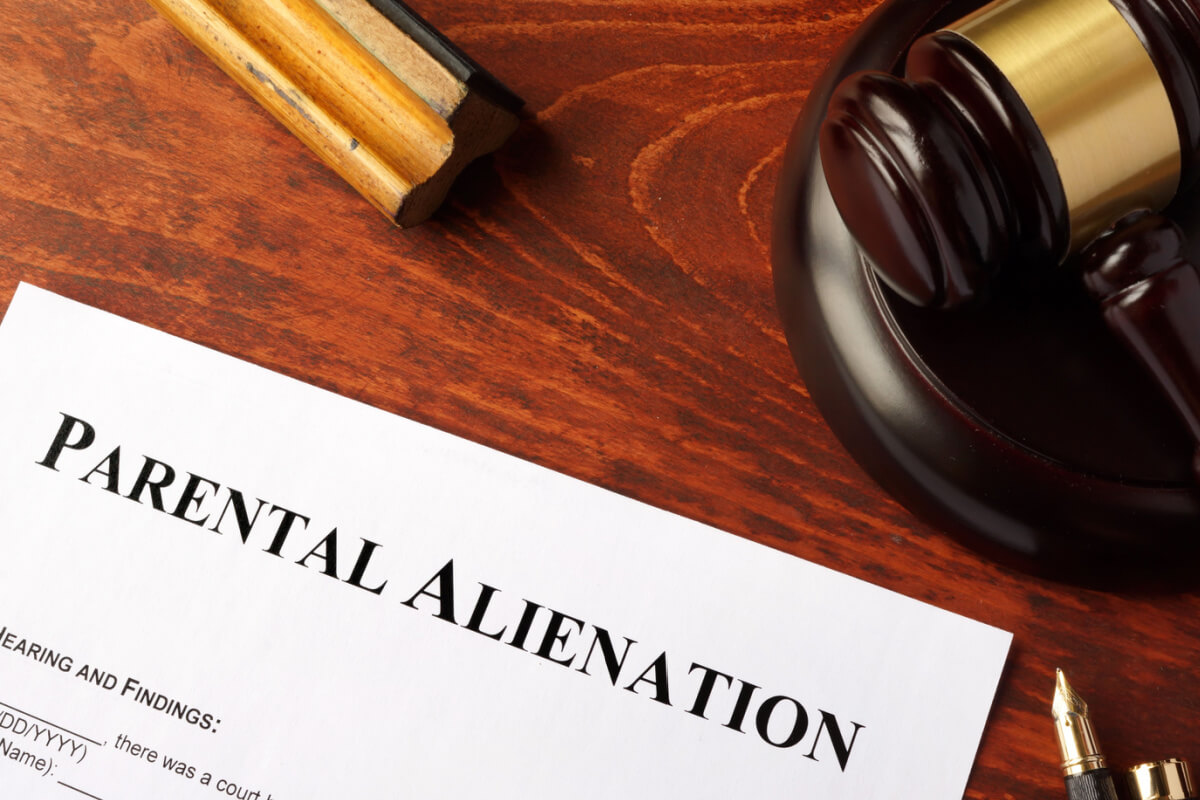
Parental Alienation: Recognizing the Signs and Protecting Your Rights in Louisiana
Sharing inappropriate details of their marriage is one of the claims that Christina Ricci’s ex has made in their custody battle proving that parental alienation is a widespread issue, even among celebrities.
Specific claims made by Ricci include that her ex is “psychologically abusing” their son, it seems to turn the son against his mother. According to Radar Online, Ricci’s lawyers actually attached a concerning text message to a motion for an emergency hearing. The text reportedly included an exchange between Ricci and her ex where Ricci explained that her son did not want to attend an event because of the prior allegedly inappropriate communications from the father to their son. As a result of the process, in addition to removing overnight visits with the father, the judge also reportedly ordered both parties to enroll in parenting classes. This was likely to address some of the issues brought up in the proceedings.
Regardless of its form, parental alienation is harmful to the child and parent being alienated. It can lead to long term psychological problems and have devastating emotional consequences. Additionally, in extreme cases a parent being accused of causing parental alienation may have all of their parenting rights removed until they undergo therapeutic treatment.
Signs of Parental Alienation
While it can sometimes be difficult to separate normal developmentally appropriate behavior of a child coping with divorce, there are some common behavior patterns that occur due to manipulation of the child by one parent against the other.
Signs of parental alienation may manifest in various ways, including:
- Sudden resistance to visitation with a parent, despite no previous issues.
- “Parroting” statements seemingly originating from the other parent, like “you ruined mommy’s/daddy’s life!”
- Rejection of anything related to one parent encompassing relatives, pets, friends, or children from new relationships.
- Cessation of communication with one parent while at the other parent’s house, particularly if this is a new development.
- Ignoring one parent’s presence at events where both parents are present, such as school performances or sporting events.
- Consistent exclusion of one parent from crucial information about the child, like school changes, medical decisions, or planned vacations.
- Possession of knowledge about private, adult-level information regarding the parents’ relationship, including details about their divorce proceedings.
While it can be difficult to prove parental alienation, especially when it’s a matter of “he said, she said,” there are some actions that can be taken in order to bolster a case if a parent believes parental alienation may be happening.
Log Evidence of Parental Alienation
Keeping a detailed record of conversations with the other parent can create a log of evidence of parental alienation. The types of documentation can include things like emails, text messages, voicemails, and any other form of recorded communication.
If a parent believes that a child is being subjected to parental alienation, one strategy of record keeping might include making visitation requests in writing so that the parent can “prove up” the instances of being denied the opportunity to see the child, or in order show that the other parent was not making a reasonable effort to allow visitation.
Comments made to the other parent, or child (such as after picking the child up for the weekend they stated out loud that, “mommy said you are a lazy freeloader who doesn’t care about me,” etc.) write down what the child specifically said, any relevant details they can include date, location and time of the incident. If this kind of thing happens on several different occasions, it can provide a pattern of behavior for the court to review holistically.
Inversely, if the other parent is making allegations that the other parent does not exercise their visitation and is attempting to weaponize their version of the truth, can keep a log of visitation with the child. Keep copies of any physical receipts for activities done together or meals purchased, and take photos of your adventures. Additionally, keep documentation of any communications with the child such as through facetime, phone call, texting, etc. as well as the situations in which the other parent declined these calls or otherwise interfered with attempts to reach the child.
Don’t Forget Social Media
Social media is a place for engaging in smearing campaigns– especially in High Conflict Divorce situations. Keep physical copies of all posts, stories, comments, or any other statements made through social media. If a person is not privy to their ex’s social media, a trusted family or friend with access can serve as an ally to access any social media posts involving parental alienation or character assassination type misstatements.
Inversely, parents involved in custody arrangements should keep their own social media clean. Don’t assume an ex or their liaisons are not keeping tabs on behavior. If a person wouldn’t want your facebook post or instagram story paraded in front of a judge, it’s probably a good idea to keep those frustrations private. If a child is on social media, a parent may also be able to monitor their accounts for statements or comments made by the other parent which could further help potential claims for parental alienation.
Having Your Day in Court
Under Louisiana State Law, LA Rev Stat § 9:346, a parent has the right to bring an action if the other custodial parent is not allowing them to exercise their child custody, visitation or time rights pursuant to the court ordered schedule. If a parent brings an action under the statute and is successful, the parent may be entitled to:
- a reasonable amount for expenses incurred because of the loss of visitation, custody or time rights;
- additional visitation, custody or time rights with the child equal to the time lost
- all attorneys fees and costs of the proceeding;
- all costs for counseling for the child that are the result of the other party’s failure to allow for visitation, custody, or time with the child.

Please seek an attorney in Louisiana by calling at 504-780-8232 or contact us online.



